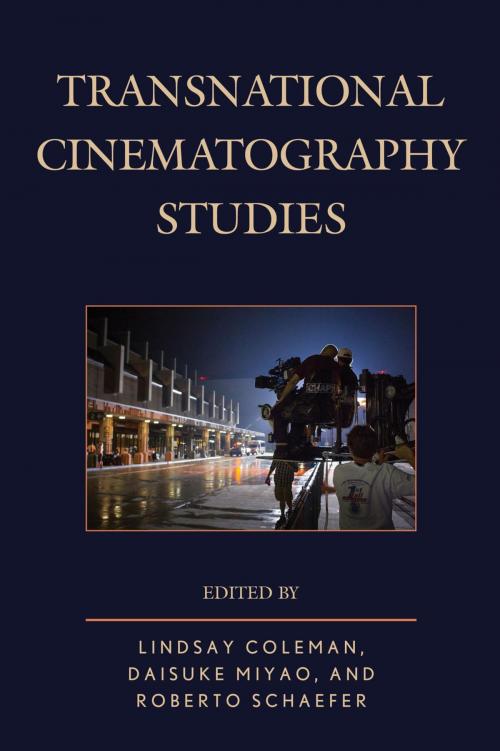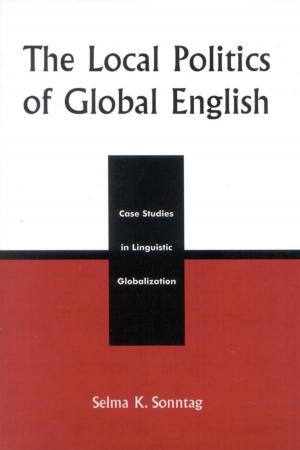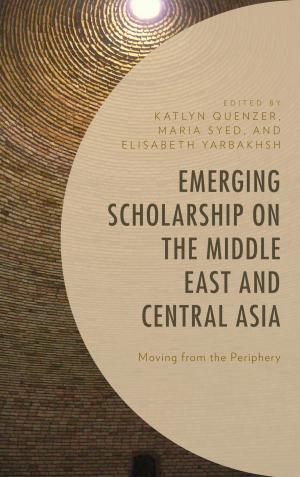Transnational Cinematography Studies
Nonfiction, Reference & Language, Language Arts, Communication, Science & Nature, Technology, Social & Cultural Studies, Social Science| Author: | Roberto Schaefer, Lindsay Coleman, Ceri Higgins, Patrick Keating, Evan Lieberman, Daisuke Miyao, Jakob Isak Nielsen, Peter H. Rist, Carlos Rojas, Julie Turnock | ISBN: | 9781498524285 |
| Publisher: | Lexington Books | Publication: | December 27, 2016 |
| Imprint: | Lexington Books | Language: | English |
| Author: | Roberto Schaefer, Lindsay Coleman, Ceri Higgins, Patrick Keating, Evan Lieberman, Daisuke Miyao, Jakob Isak Nielsen, Peter H. Rist, Carlos Rojas, Julie Turnock |
| ISBN: | 9781498524285 |
| Publisher: | Lexington Books |
| Publication: | December 27, 2016 |
| Imprint: | Lexington Books |
| Language: | English |
Transnational Cinematography Studies introduces new perspectives to the discipline of film and media studies. First, this volume focuses on a crucial yet largely unexplored area in film and media studies: the substantial communication between critical studies of cinema and film production practices. This book integrates theories and practices of cinematographic technology. Secondly, Transnational Cinematography Studies expands the scope of film and media studies into the arena of transnationalism. Cinema is now discussed in terms of globalization of audio-visual cultures, with regard to such issues as Hollywood film studios’ so-called “runaway productions” and multi-national co-productions; Hollywood remakes of Asian horror films or Hong-Kong martial arts films; and the growing significance of international film festivals. However, this volume proposes that globalization is not in itself new in the history of cinema, and that cinema has always been at the forefront of transnational culture from the beginning of its history.
Transnational Cinematography Studies introduces new perspectives to the discipline of film and media studies. First, this volume focuses on a crucial yet largely unexplored area in film and media studies: the substantial communication between critical studies of cinema and film production practices. This book integrates theories and practices of cinematographic technology. Secondly, Transnational Cinematography Studies expands the scope of film and media studies into the arena of transnationalism. Cinema is now discussed in terms of globalization of audio-visual cultures, with regard to such issues as Hollywood film studios’ so-called “runaway productions” and multi-national co-productions; Hollywood remakes of Asian horror films or Hong-Kong martial arts films; and the growing significance of international film festivals. However, this volume proposes that globalization is not in itself new in the history of cinema, and that cinema has always been at the forefront of transnational culture from the beginning of its history.















